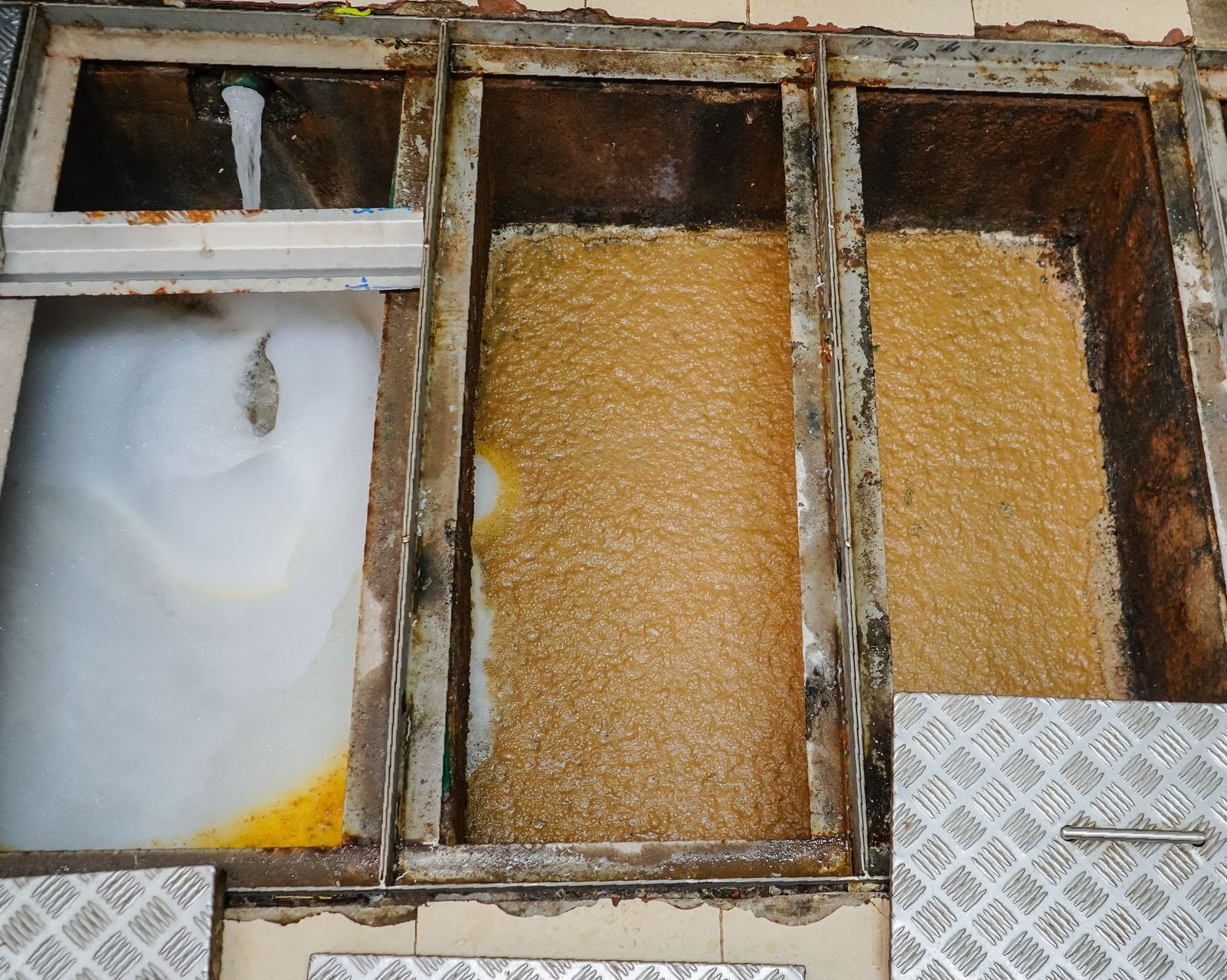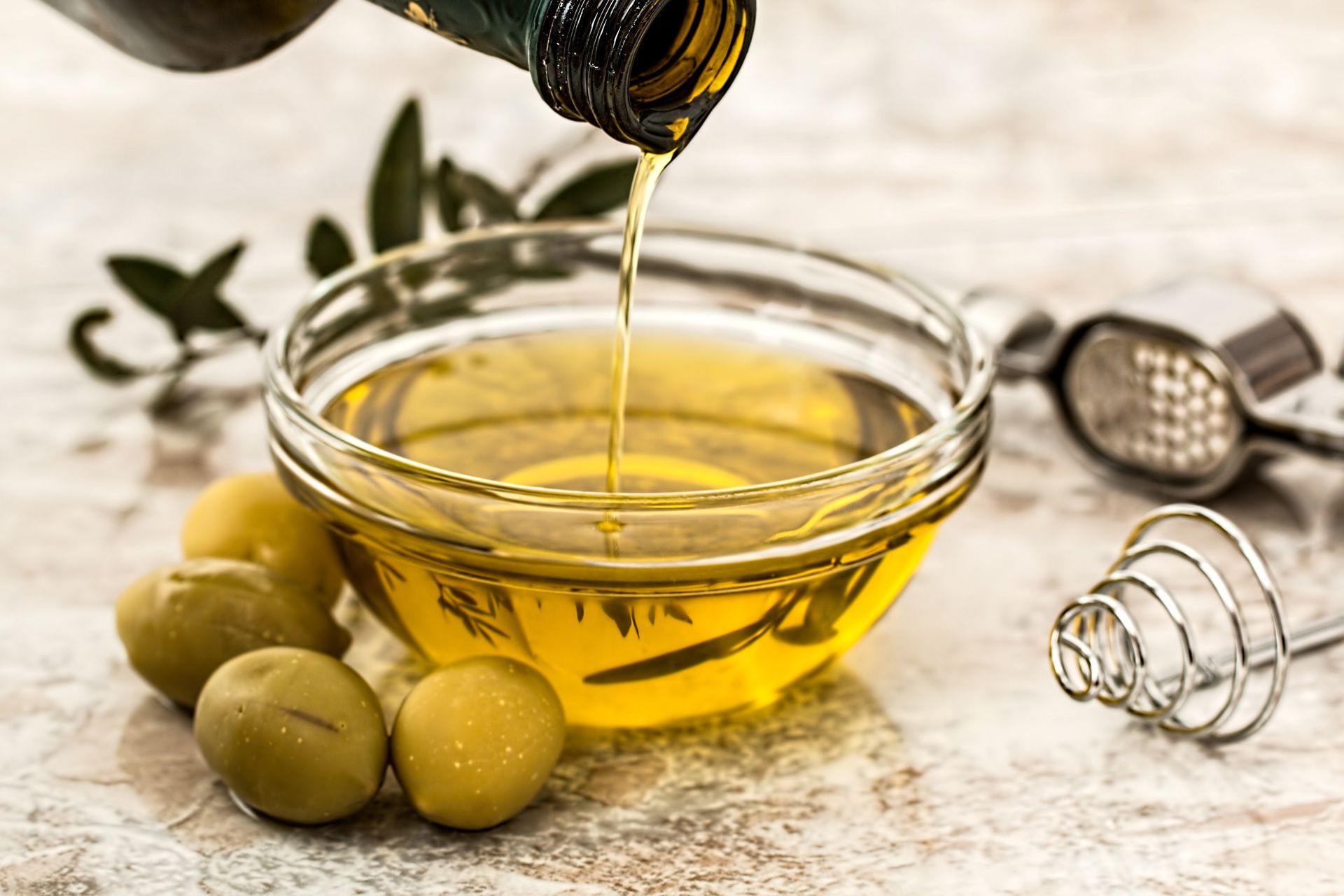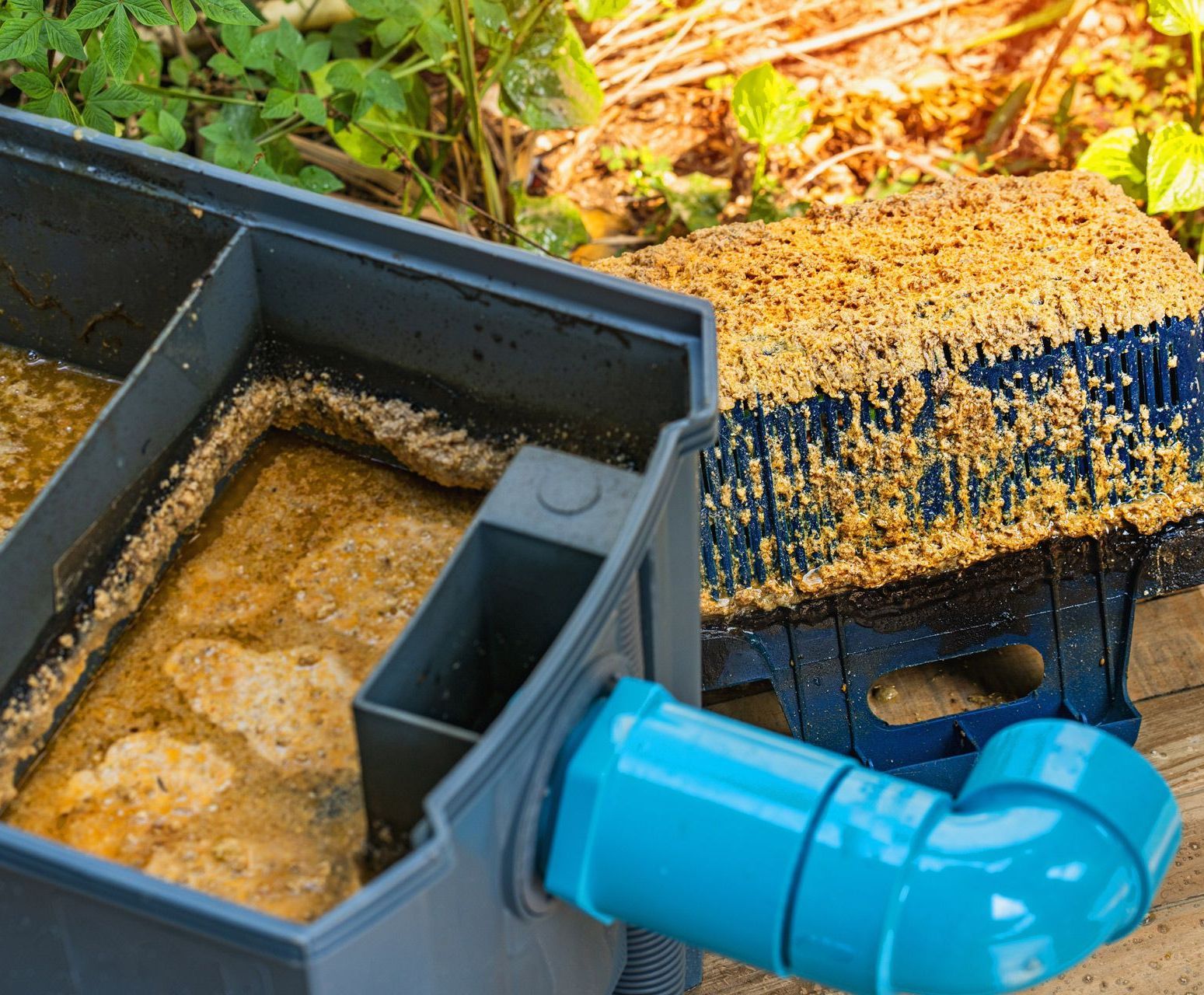Recycling vs. Disposal: Which One is Better Than the Other?
Welcome to our deep dive into the world of used cooking oil – a seemingly mundane topic that holds significant environmental and economic implications. As conscious consumers and businesses, it’s crucial to understand the best practices for dealing with used cooking oil. The choice between recycling and disposal isn't just a matter of convenience; it impacts our planet, legal compliance, and even our wallets. In this comprehensive guide, we'll explore the nitty-gritty of cooking oil's afterlife, providing you with actionable insights and the latest data.
The Problem with Improper Disposal
Disposing of used cooking oil may seem straightforward, but doing it improperly leads to dire consequences. Pouring oil down the drain or disposing of it in the trash is a common mistake that wreaks havoc on plumbing systems and the environment. It's not just about clogged pipes; improperly disposed oil can find its way into waterways, causing significant environmental damage. Plus, let's not overlook the legal angle – illegal dumping of cooking oil can attract hefty fines, sometimes up to $30,000.
Remember, the seemingly simple act of disposing of cooking oil has far-reaching implications. It’s not just an inconvenience; it's a matter of environmental health and legal compliance.
Benefits of Recycling Used Cooking Oil
Recycling used cooking oil isn't just a responsible choice; it's a beneficial one. Let's break down why:
Environmental Impact: First and foremost, recycling cooking oil significantly reduces its harmful impact on the environment. By diverting used oil from landfills and water sources, we minimize pollution and environmental harm. Plus, it's a win for the fight against climate change – recycled cooking oil can be transformed into biodiesel, which emits 74% less greenhouse gases than traditional diesel.
Economic Advantages: Think of recycling as not just saving the planet, but also saving money. Using biodiesel made from recycled oil can reduce costs associated with energy consumption. Moreover, it creates jobs in the green energy sector and supports the local economy. For every $100 spent with local recycling companies, more than half stays in the community.
Healthier Alternatives: Biodiesel produced from recycled cooking oil is not just environmentally friendly; it’s healthier too. It produces fewer emissions and reduces air pollution, contributing to better overall air quality.
In a nutshell, recycling cooking oil is a triple win – it's good for the planet, good for the economy, and good for our health.
Methods of Cooking Oil Recycling
Understanding the recycling process of used cooking oil unveils a fascinating journey from kitchen waste to valuable resource. Here’s how it works:
Collection: The first step is gathering the used oil. This is typically done by specialized companies who collect oil from restaurants, food processing industries, and households. It’s crucial to use proper containers to prevent leaks and contamination during this stage.
Storage and Transportation: Once collected, the oil needs to be stored in designated containers. These are designed to handle the oil's weight and viscosity, ensuring safe and leak-proof storage. The transportation to processing facilities is equally critical, requiring specialized vehicles to handle the task.
Treatment and Processing: At the processing facility, the oil undergoes several treatments. This includes filtration to remove impurities and heating to eliminate water content. The goal is to prepare the oil for its next phase of life.
Conversion to Biodiesel and Other Products: The clean oil is then processed into biodiesel through a method called transesterification. This involves heating and mixing the oil with an alcohol, usually methanol, to produce biodiesel, a cleaner-burning fuel alternative. Some of the oil may also be directed towards the production of animal feed or household products like soaps and detergents.
This process not only gives used cooking oil a new lease on life but also underscores the remarkable potential of recycling in creating sustainable solutions.
Best Practices for Home and Commercial Disposal
Whether you're a home cook or running a commercial kitchen, the way you dispose of cooking oil matters. Here’s how to do it right:
For Home Cooks
- Cool and Contain: Let the oil cool down, then pour it into a sealable container. Avoid plastic bags or containers that can leak or break.
- Local Recycling Programs: Check if your local waste management offers cooking oil recycling. Some communities have drop-off spots, especially during high-cooking seasons like the holidays.
- Composting: While not ideal for all types of oils, small amounts of vegetable-based oils can be composted. Avoid composting animal fats or heavily used oils.
For Commercial Kitchens
- Professional Removal Services: For larger quantities, it’s best to work with professional oil removal services. They can handle large volumes and ensure responsible disposal or recycling.
- Secure Storage: Store used oil in secure, leak-proof containers. This prevents spills and contamination during storage and transport.
- Regular Training: Educate your staff on proper disposal methods to avoid contamination and ensure compliance with local regulations.
Adhering to these practices ensures not just environmental safety but also helps in maintaining plumbing health and avoiding legal issues.
Comparative Analysis: Recycling vs. Disposal
When it comes to used cooking oil, the choice between recycling and disposal is more than a matter of convenience. Let’s compare:
Recycling
- Environmental Benefits: Recycling significantly reduces pollution and greenhouse gas emissions. Used oil transformed into biodiesel reduces carbon dioxide emissions and lessens the impact on landfills and water sources.
- Economic Impact: Recycling generates jobs in the green energy sector and supports local economies. It’s a sustainable practice that contributes to the circular economy, keeping resources in use for as long as possible.
- Legal Compliance: Adhering to recycling practices helps businesses and individuals stay compliant with environmental regulations, avoiding potential fines and legal issues.
Disposal
- Environmental Risks: Improper disposal, like pouring oil down the drain, leads to significant environmental hazards, including water contamination and plumbing issues.
- Economic Costs: The costs associated with repairing damage caused by improper disposal, such as clogged pipes or environmental clean-up, can be substantial. Additionally, fines for illegal dumping can be hefty.
- Legal Repercussions: Improper disposal can lead to legal consequences, including fines and other penalties for non-compliance with environmental regulations.
In essence, while recycling requires a bit more effort and organization, its benefits far outweigh the convenience of disposal. Recycling is a proactive step towards environmental conservation, economic sustainability, and legal adherence.
Case Studies and Success Stories
To truly grasp the impact of cooking oil recycling, let’s look at some real-world success stories:
- Large-Scale Recycling Initiatives: In major cities, comprehensive cooking oil recycling programs have turned thousands of gallons of waste into biodiesel, illustrating the potential for large-scale environmental impact. These programs not only reduce greenhouse gas emissions but also provide a sustainable fuel source for local transportation networks.
- Restaurant Success Stories: Numerous restaurants have embraced cooking oil recycling, partnering with recycling services to convert their waste oil into biodiesel. This has not only helped them adhere to environmental standards but also enhanced their reputation as eco-friendly establishments.
- Community-Based Recycling Efforts: In some communities, grassroots efforts have led to the establishment of local cooking oil recycling programs. These initiatives often involve collaboration between residents, local businesses, and waste management services, demonstrating the power of community action in driving sustainable practices.
Each of these examples showcases the tangible benefits of recycling cooking oil, from reducing environmental harm to contributing to local economies and community well-being.
Legal and Regulatory Considerations
Navigating the legal landscape of cooking oil disposal and recycling is crucial for compliance and environmental stewardship:
Local and National Regulations: Laws regarding cooking oil disposal vary by region. In some areas, strict regulations mandate the proper disposal and recycling of cooking oil to prevent environmental harm. For instance, dumping used cooking oil down sewer drains can attract fines and even jail time in certain municipalities.
Food Safety Standards: Commercial establishments must adhere to food safety regulations, which include the proper handling and disposal of cooking oil. Non-compliance can lead to health code violations and legal repercussions.
Environmental Protection Laws: Regulations aimed at protecting the environment often cover the disposal of cooking oil. These laws are designed to prevent pollution and ensure that waste is managed responsibly.
Partnering with Licensed Waste Carriers: It's essential for businesses to work with licensed waste carriers for oil disposal. These carriers are equipped to handle and recycle oil in compliance with legal standards, ensuring that businesses avoid legal pitfalls.
Understanding and adhering to these regulations is not just a matter of legal compliance; it’s a commitment to environmental responsibility and public health.
Conclusion and Call to Action
As we wrap up our exploration into the world of used cooking oil disposal and recycling, it’s clear that the choices we make have significant impacts – environmentally, economically, and legally. By choosing to recycle cooking oil, we contribute to a healthier planet, support our local economies, and stay on the right side of the law.
For those in the Boise, ID, Idaho Falls, ID, and Le Grande, OR areas, a practical and efficient option for cooking oil recycling and grease trap services is Eco of Idaho. They offer a range of services including Grease Trap Cleaning, Cooking Oil Collection, Grease Trap Pumping, and Bulk Waste Water Transport. Known for their affordability and convenience, Eco of Idaho stands out by providing multiple services through a single point of contact. Plus, they offer discounted rates for grease trap services, thanks to their ability to sell the collected cooking oil.
If you’re looking to streamline your waste management processes and contribute to a greener future, consider reaching out to Eco of Idaho. Embracing responsible practices in cooking oil disposal and recycling is not just a legal obligation; it's an opportunity to make a positive impact on our environment.
Remember, every small step towards sustainability counts. Whether you're a home cook or manage a commercial kitchen, your actions in disposing of cooking oil can contribute to a healthier, cleaner world. Let's commit to responsible practices and make a difference!
Send us a Message
We will get back to you as soon as possible
Please try again later
Contact Information
Phone: (208) 867-4607
Email: info@ecoofidaho.com
Address: 1990 S Cole Rd, Boise, ID 83709, United States of America







